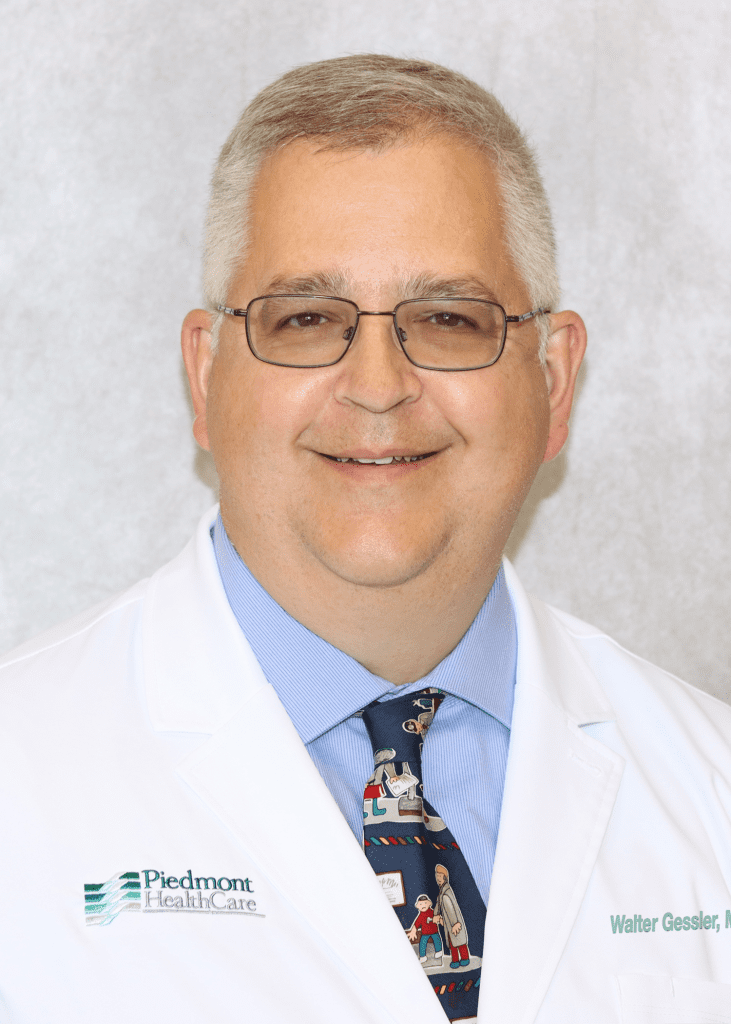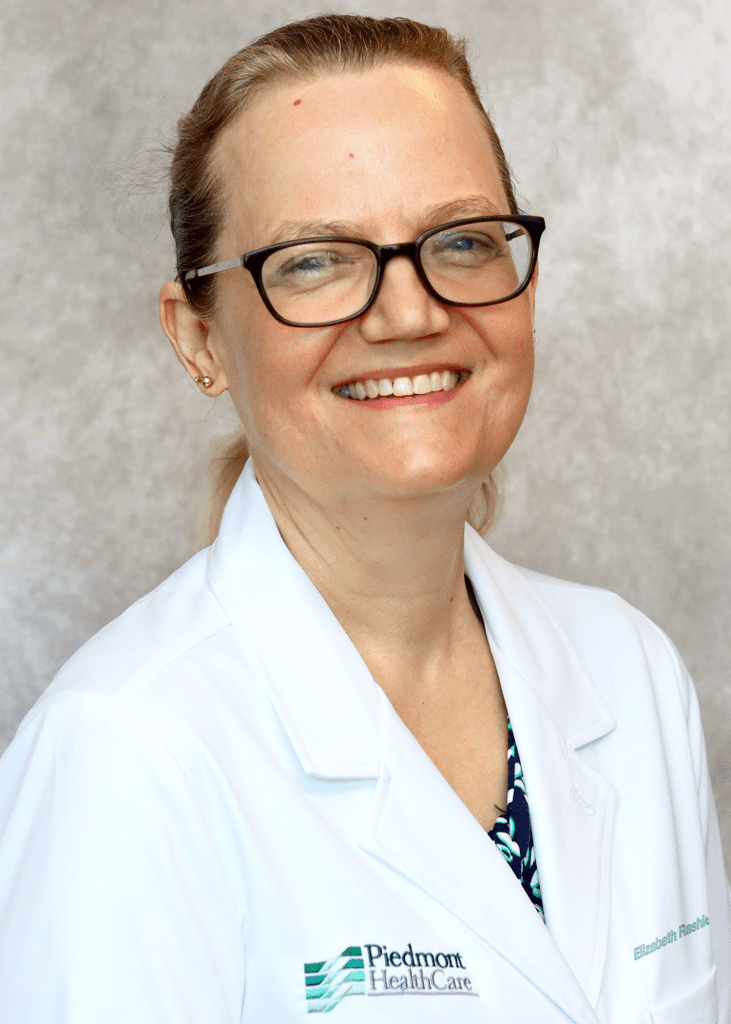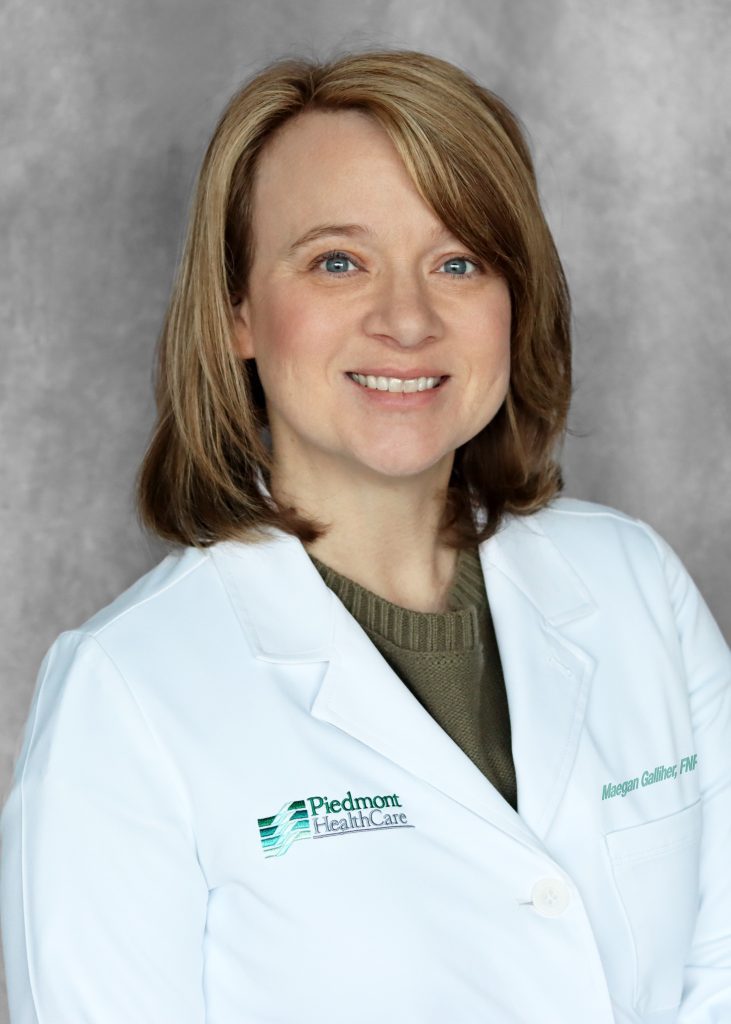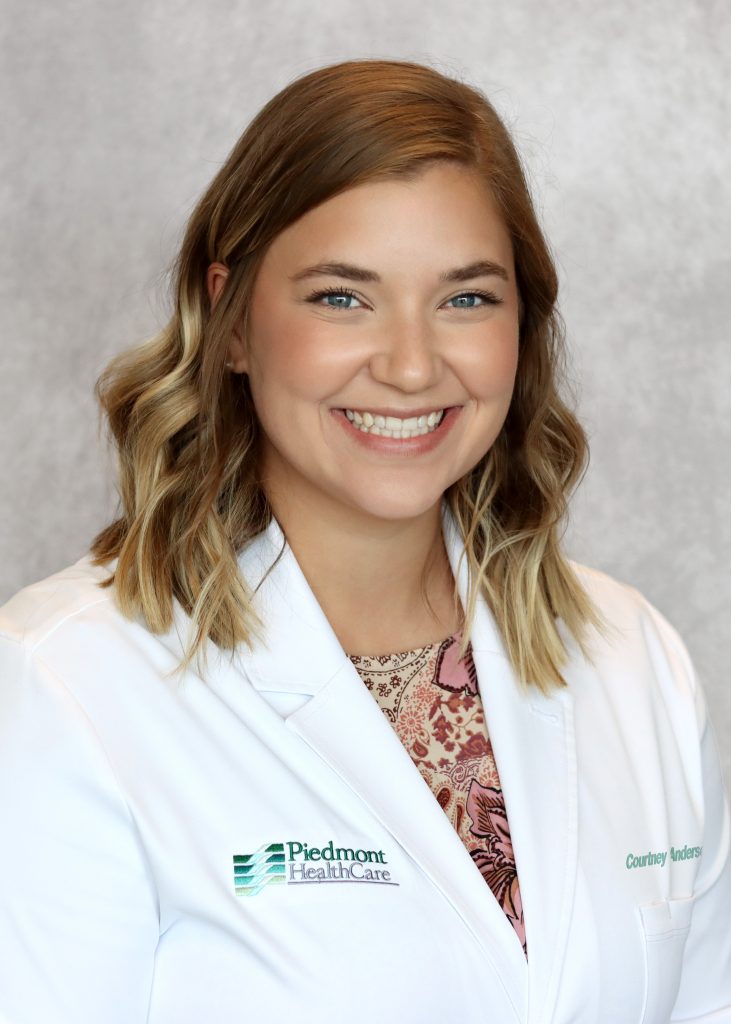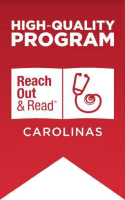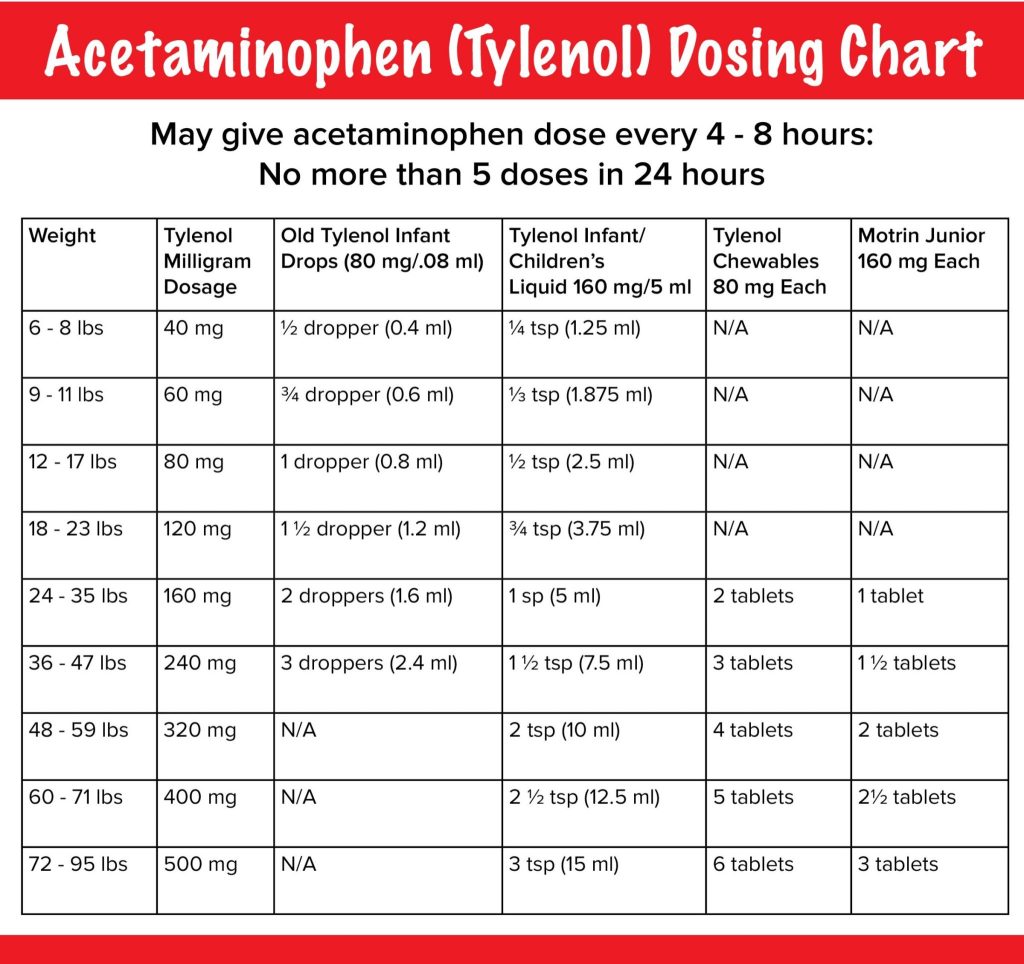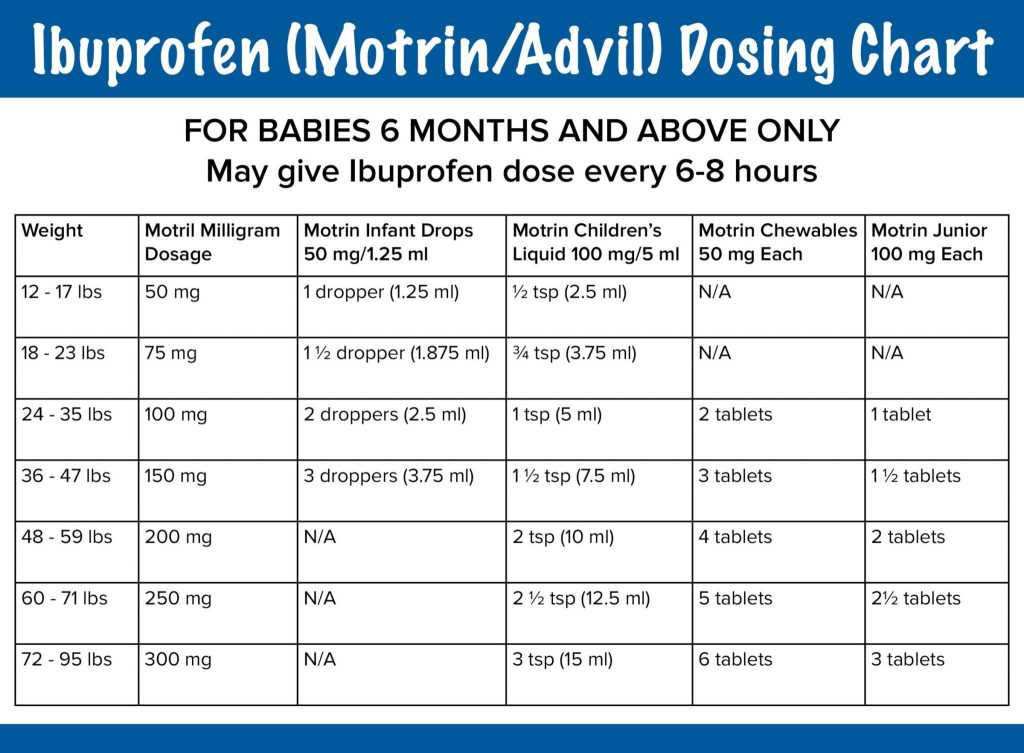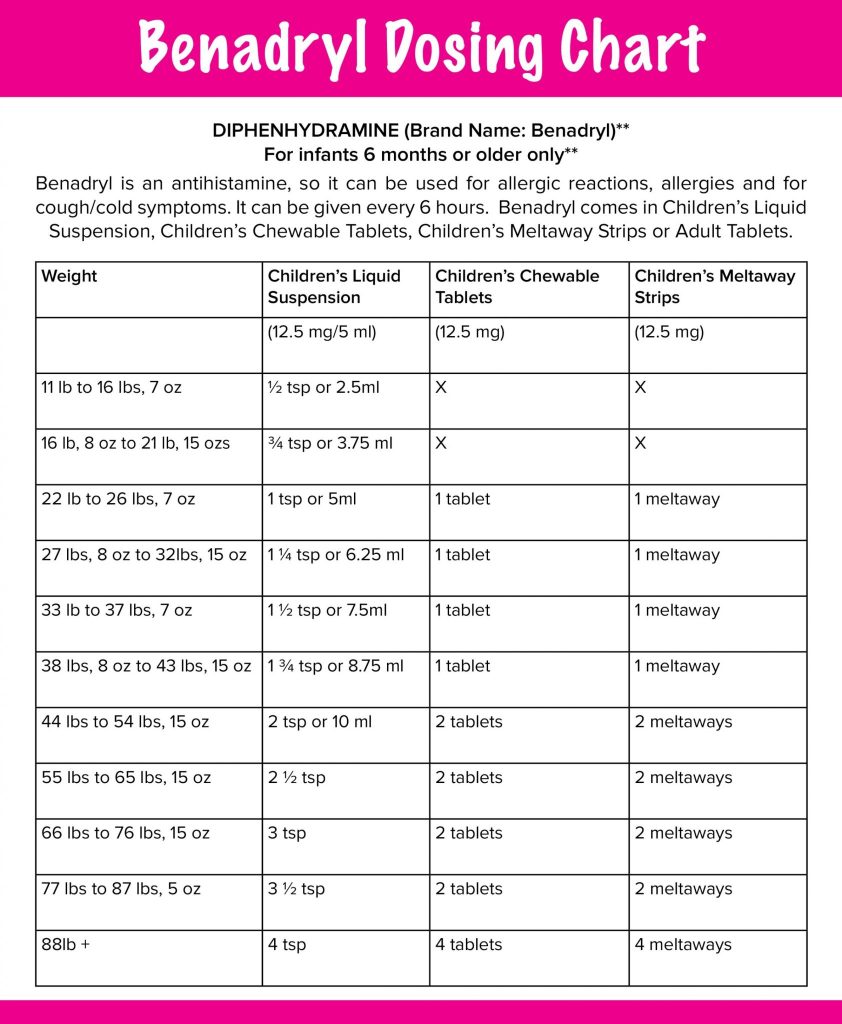Our Vaccine Philosophy:
Our practice believes that all children should receive the recommended vaccines according to the guidelines provided by the AAP and the CDC. Vaccines are safe and effective in preventing diseases and health complications in children and young adults. Regular vaccinations help children ward off infections, and are administered as one of the safest and best methods of disease prevention.
We are happy to discuss your concerns about vaccines at your child’s next visit.
Piedmont HealthCare Pediatrics follows the immunization guidelines recommended by the American Academy of Pediatrics (AAP).For information about these vaccines and the diseases they protect against, please visit http://www.aap.org/healthtopics/immunizations.cfm.
For detailed informational sheets published by the Centers for Disease Control (CDC) please visit www.cdc.gov/vaccines.
Piedmont HealthCare Pediatrics Immunization Schedule:
At 2 months of age: Vaxelis, Prevnar 20, Rotateq
At 4 months of age: Vaxelis, Prevnar 20, Rotateq
At 6 months of age: Vaxelis, Prevnar 20, Rotateq
At 12 months of age: MMR, Varivax and Hep A
At 15 months of age: Pentacel and Prevnar 20
At 18 months of age: Hep A
At 4 or 5 years old: Quadracel and Proquad
At 11 years of age: TDaP, Menquadfi and Gardasil
At 16-18 years of age: Menquadfi and Bexsero
**Please be aware that the 15 month and 18 month shot schedule may vary slightly, depending on which physician you see and/or vaccine availability.**
M-M-R® II
(Measles, Mumps, and Rubella Virus Vaccine Live)
ProQuad®
Measles, Mumps, Rubella and Varicella Virus Vaccine Live Lyophilized Preparation for Subcutaneous Injection
Pentacel
(Diphtheria and Tetanus Toxoids and Acellular Pertussis Adsorbed, Inactivated Poliovirus and Haemophilus b Conjugate (Tetanus Toxoid Conjugate) Vaccine


